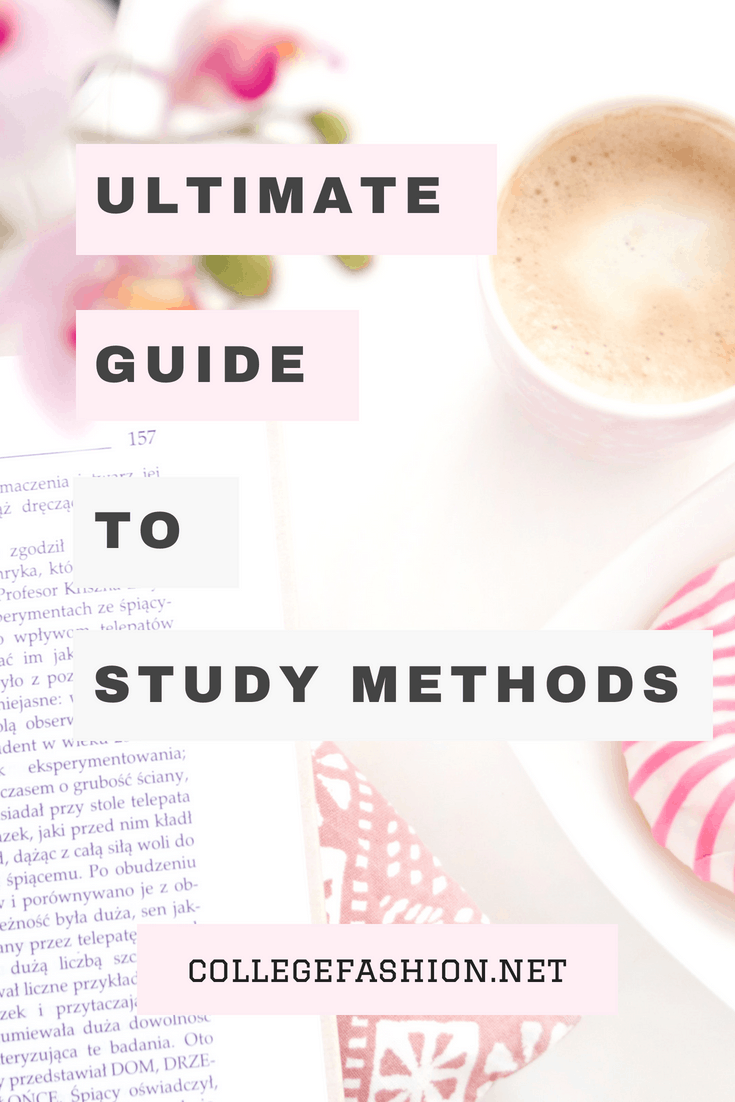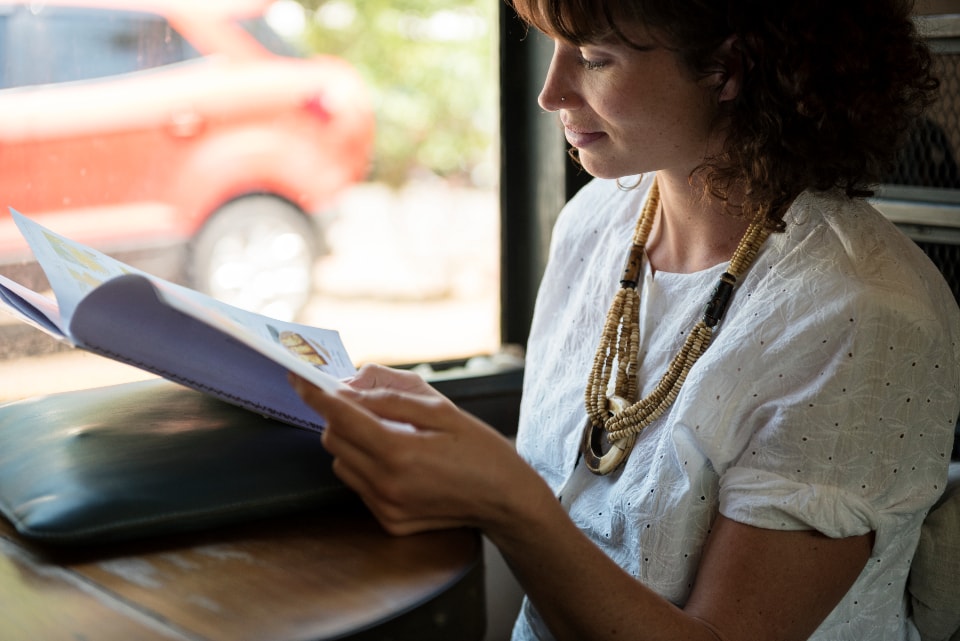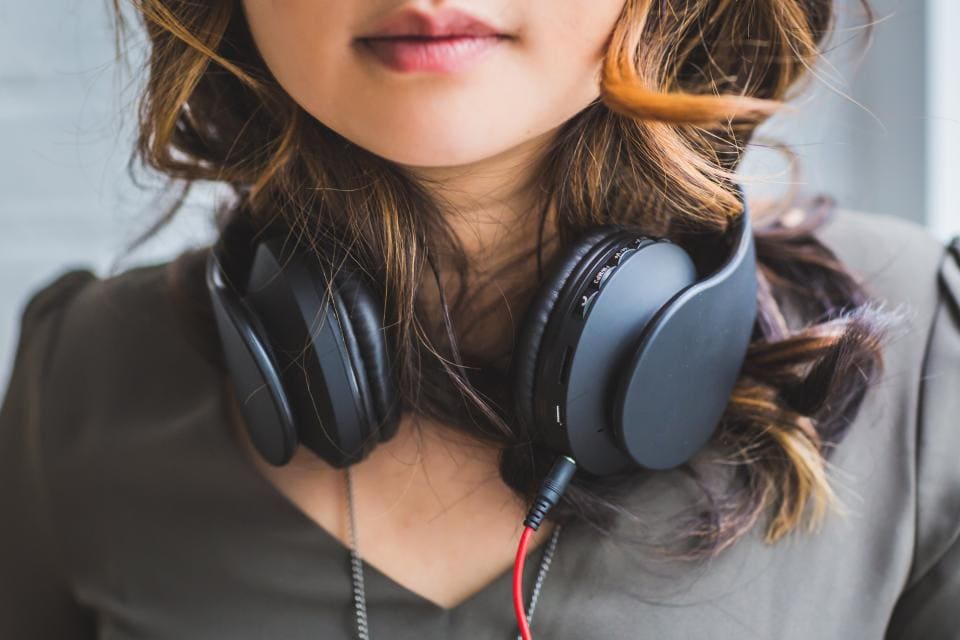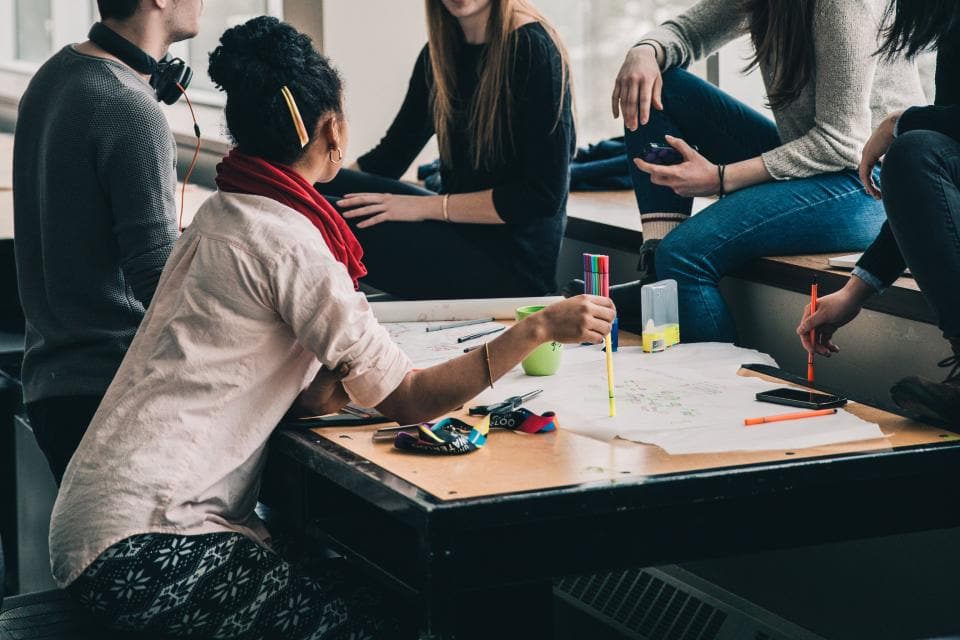
The school year is right around the corner and although that means getting to see your friends and learn exciting new things it also means that tests will become a weekly occurrence and you need to have a solid study system in place to navigate it all.
Studying for classes can feel overwhelming and quickly turn school into an ordeal instead of the learning experience it’s supposed to be. However, studying doesn’t have to be overwhelming so long as you learn the right ways to do it.
Today, we’re sharing our favorite study tips to get you ready for the new year ahead, including our favorite study methods, where we study, and a quick guide to preparing for a test.
Table of Contents
Study Methods We Love:
1. Handwritten Notes (Old Fashioned but Effective!)
https://www.instagram.com/p/BkMSmXaBm9T
Research shows that in order to best remember your notes, it is better to write them by hand versus typing them on a computer. In this digital age, it can sometimes feel tedious to write things down by hand, especially when your professor is talking a million words a minute. But try to make your notes more fun and organized in order to learn the material in the best way possible.
Try using different colors and writing styles for different topics. (Here’s a guide to our favorite highlighters and pens for colorful notes.) Maybe all definitions are a different color than dates, so that you can easily find the material you need when studying.
You can also try writing your notes in different ways. You can consider using the Cornell Two Column method where each topic is on the left-hand side separated by a line with details on the right. Personally, I like to create different sections for each of my notes, as seen in the picture above.
Finally, handwritten notes are most effective if you write down the material in your own words. Maybe it’s just changing the super scientific phrasing into something a little bit more understandable or maybe it’s changing your professor’s five-minute speech into two concise sentences. When you put things into your own words it shows that you understand the material and will be able to memorize it in the future.
2. Say what you see

I definitely use this technique when I study. Before a test or quiz, try reading your notes out loud. I find that when I say the material out loud, I am less likely to get distracted from studying. Once I know the material a decent amount, I take it a step further and cover the definition, forcing myself to really learn the material by repeating it back to myself.
3. Listen and Learn

Another popular study method is the auditory approach. If you are able to record the professor’s lectures (it’s best to ask permission from your professor before you do this), then definitely do so. Later, when you are preparing to study, you can plug in some earphones and re-hear the material. This may clarify any confusion that you may have. If you are unable to do this, try recording yourself or a friend saying the material out loud.
4. Study Buddy

This study tip can either be distracting or it can work well. When you study with a friend, it is more laid back and can motivate you — nothing like a little friendly competition for who knows more material. Plus, you get to hear someone else’s take on the material. If you are confused about a specific idea or don’t know how to word it, maybe your friend can help you out and give you her ideas. It can also become a game if you quiz each other on the material and keep points until you both score 100%.
However, make sure that you don’t stray too far off topic when studying with a friend. A study break can be necessary but don’t let it eat up your study time!
Related reading: How to Start a Study Group in College
5. Have Fun
https://www.instagram.com/p/BlcRrgSjkDQ
I know, studying and fun do not belong in the same sentence, but hear me out! The key to studying is to make it as fun as you can. You can do this in any way you choose.
A popular technique is by rewarding yourself with a treat once you have finished memorizing a page of material. Maybe you let yourself watch a short YouTube video or snack on your favorite candy. You can also listen to music while you study to help block out external distractions. (This is something I love to do when I write essays.) A final fun/quirky technique is to chew gum or eat a mint while you study. If you chew this same flavor of gum or mint while you take the test, the sensory details can help you to remember what you studied. Although there has been no research that proves this effect, it’s worth a shot!
6. Mental Associations
https://www.instagram.com/p/BmGAVKEBoaH
This is a technique that I use all the time! Find different ways to make mental associations between words that you are studying in order to remember the definitions, especially between words that are similar.
For example, in sociology there are two German terms Gemeinschaft and Gesellschaft. One means social relations between individuals and the other means social relations between a larger scale society. I remember that Gemeinschaft is relations between individuals because it has the word “me” in it to represent smaller groups. I use this technique in every subject and I recommend it to others, too!
Where to Study:
When trying to find a study spot, keep in mind where you focus best. For some of you, it may be in the comfort of your own room. I, on the other hand, get too comfortable in my room, so when I study I find it more effective to go to the library or find a park nearby where I can enjoy the sun.
It’s also important to take note of which position you concentrate best in. Sometimes it’s easier for me to sit on a couch and study or if, I’m getting too distracted, I’ll move to a table and chair to recreate a classroom feel. Although this seems like a silly step, the area in which you study can impact your focus and ability to recall material.
The Night Before a Test:
1. Stay Calm and Get Sleep

We’ve said this approximately five million times, but it’s because it’s so, so important. In the nights leading up to a test, make sure to get plenty of sleep. Although you may feel the need to study for hours the night before, it is actually best to implement time management and start studying a few days before your test. On the night before your test, make sure to go to bed early and relax. If you are stressed out before you even start, then you won’t feel as confident when you go into the test!
2. Pass on the Chocolate and Pass the Exam
Also, as always, make sure to eat a well-balanced meal before your test. You may even consider snacking on brain foods such as blueberries, nuts, fish, avocados, and even dark chocolate. These foods are rich in antioxidants and help to boost your memory. If you’re healthy and feeling healthy then you are sure to shine on the exam.
What are your favorite study methods? Any tips for your fellow CF readers?
No matter which technique you find the most useful to study make sure that it’s something that helps you to focus best. Know yourself! Even if all of your friends are getting together to study, if it doesn’t help you to learn material than it might be best to pass so that you can pass the test.
Don’t be too hard on yourself. Remember to stay calm and just do the best that you can. The earlier you start studying, the easier the material seems.
